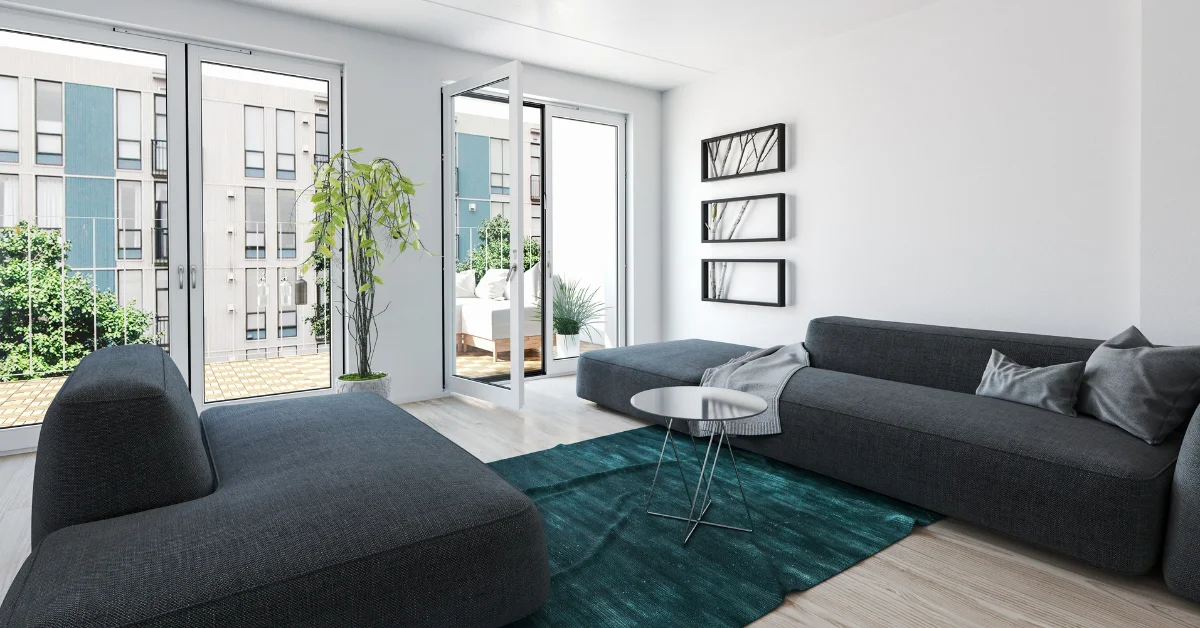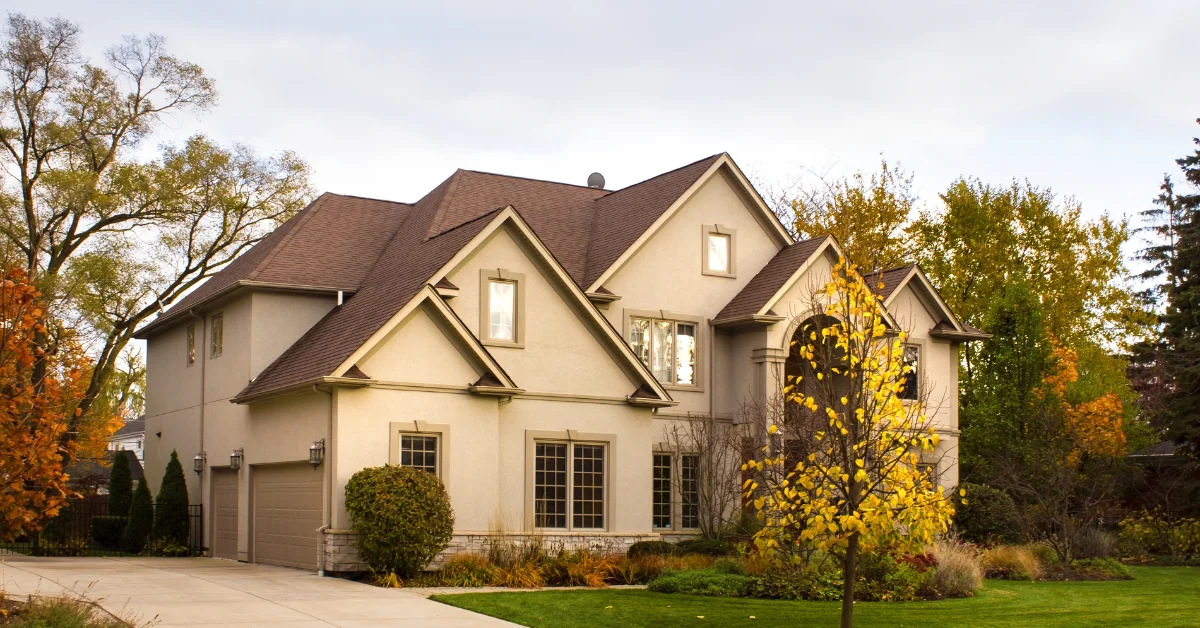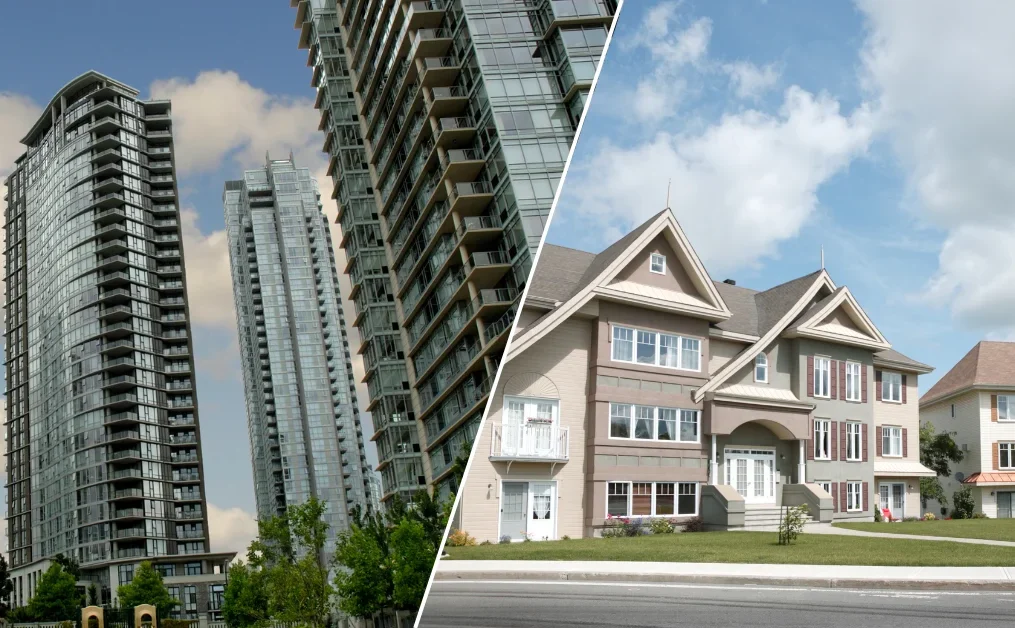Exploring the Condo vs. House Debate: Pros and Cons
In the realm of real estate, the Condo vs. House Pros and Cons debate is one of the most common dilemmas faced by potential buyers. Each option comes with its own set of advantages and drawbacks, making the decision a pivotal one for anyone entering the housing market. Let’s delve into the nuanced comparison of condo living versus homeownership, weighing the pros and cons of each.
The decision between condo living and homeownership ultimately depends on individual preferences, lifestyle priorities, and financial considerations. While condos offer convenience, amenities, and low maintenance, houses provide privacy, space, and investment potential. By carefully weighing the Condo vs. House Pros and Cons of each option, prospective buyers can make an informed decision that aligns with their needs and aspirations in the realm of real estate.
Condo vs House Pros and Cons
Condo Living

Pros:
Low Maintenance: One of the primary draws of condo living is the minimal maintenance required. With shared responsibilities for upkeep such as landscaping, exterior repairs, and common area maintenance, condo owners can enjoy a maintenance-free lifestyle.
Amenities: Many condominium complexes offer luxurious amenities such as swimming pools, fitness centers, and communal spaces, providing residents with convenient access to recreational facilities without the hassle of maintenance.

Security: Condos often come with enhanced security features like gated entrances, surveillance cameras, and on-site security personnel, offering residents peace of mind and a heightened sense of security.
Cons:
Limited Space: Condos typically offer less living space compared to standalone houses, which may feel restrictive for those accustomed to larger homes or needing additional room for a growing family.

HOA Fees: Homeowners’ Association (HOA) fees are a recurring expense associated with condo ownership, covering the cost of shared amenities and maintenance. These fees can vary significantly and may increase over time.
Lack of Privacy: Living in close proximity to neighbors and sharing common areas can sometimes compromise privacy, leading to potential noise disturbances or restricted outdoor space usage.
House Ownership

Pros:
Privacy and Space: Houses offer greater privacy and space compared to condos, providing residents with more room for personalization, outdoor activities, and expansion opportunities.

Investment Potential: Standalone houses typically appreciate in value over time, offering homeowners the potential for long-term investment growth and equity accumulation.
Freedom of Modification: Homeowners have the freedom to make structural modifications, landscaping changes, and design upgrades to their property without seeking approval from a homeowners’ association.
Cons:
Higher Maintenance: Unlike condos, houses require individual maintenance and upkeep, including tasks such as lawn care, exterior painting, and roof repairs, which can entail higher costs and time commitment.

Responsibility for Repairs: Homeowners are solely responsible for repairing and maintaining their property, including major systems like plumbing, heating, and cooling, which can lead to unexpected expenses.
Lack of Shared Amenities: Unlike condo complexes, standalone houses may lack the communal amenities commonly found in condominiums, requiring homeowners to seek out recreational facilities elsewhere.





